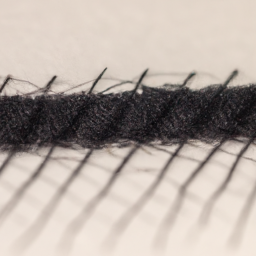
?

Are you looking to achieve professional-looking finishes on your sewing projects? If so, an overlock stitch could be just what you need. An overlock stitch, also known as a serger stitch, is a type of stitch that not only sews fabric together but also trims and finishes the raw edges simultaneously.
While an overlock stitch is commonly associated with specialized serger machines, the good news is that you can achieve similar results using a regular sewing machine. This versatility gives home sewists the ability to create beautiful, professional-looking garments and other projects without the need for an expensive serger.
How to do an overlock stitch on a sewing machine:
To achieve an overlock stitch on a regular sewing machine, you will need a few essential tools:
- A sewing machine with adjustable stitch width and length.
- An overlock foot or a zigzag foot.
- An overlock stitch or a three-step zigzag stitch.
- Thread in multiple colors or shades.
- Scissors or a rotary cutter.
Here are the steps to follow:
- Prepare your fabric by finishing the raw edges. You can use pinking shears or an overcast foot on your sewing machine to prevent fraying.
- Thread your sewing machine with the desired colors. If using multiple colors, make sure to set up your machine for multiple threads.
- Attach an overlock or zigzag foot to your sewing machine.
- Set your machine to either an overlock stitch or a three-step zigzag stitch, depending on your preference. Both stitches will provide a finished edge.
- Align the raw fabric edges under the foot and start sewing. Ensure that the stitches catch both layers of the fabric and trim the edges as you sew.
- Continue sewing along the edge, allowing the machine to guide the fabric while maintaining a straight line.
- Once finished, trim any excess threads and press your sewn fabric to ensure a neat and polished look.
Using this method, you can achieve a similar result to an overlock stitch produced by a serger. However, keep in mind that a serger offers additional features such as differential feed and rolled hems, which cannot be replicated on a regular sewing machine.
So, if you’re looking to take your sewing capabilities to the next level and achieve professional-looking finishes, give the overlock stitch on a sewing machine a try. It may take some practice to perfect, but the results will be well worth the effort!
Conclusion
Yes, you can do an overlock stitch on a sewing machine! With the right tools and some practice, achieving a professional finish is possible using a regular sewing machine. Whether you’re a beginner or an experienced sewist, adding this technique to your repertoire will enhance the quality of your handmade creations.
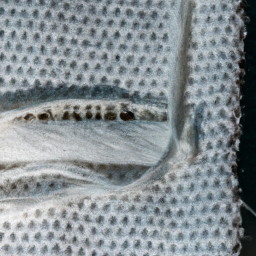
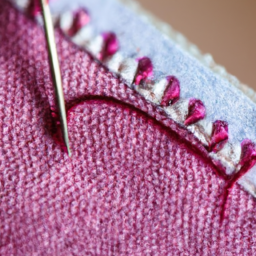
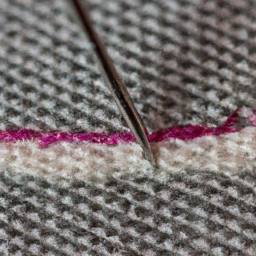
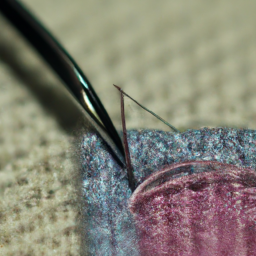
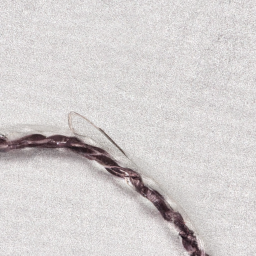
Yes! Most modern sewing machines come with an adjustable stitch length and width, so you can customize your overlock stitch to your desired look. #ItsEasyWhenYouKnowHow #SewingTips
This is so helpful! I’ve recently been getting back into sewing and had no idea this was possible!
Great tip, Ruby! Overlock stitches are perfect for providing strength and finishing fabrics – definitely a stitch to keep in your arsenal! #SewingTips